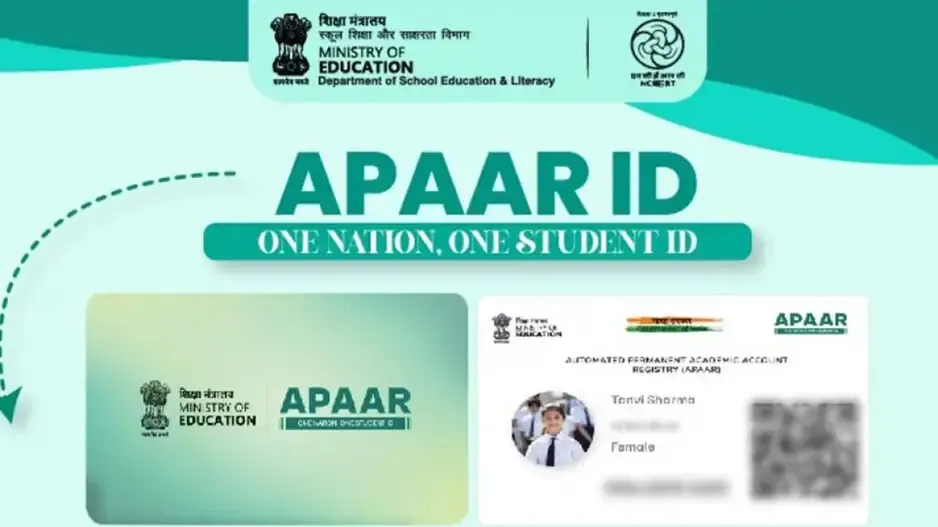UPSC
The Hindu Briefs
APAAR ID: Transforming Education with Privacy Concerns
Last Updated
29th March, 2025
Date Published
29th March, 2025
Share This Post With Someone

Context:
Published on March 28, 2025, in The Hindu, this article explores the Automated Permanent Academic Account Registry (APAAR) ID, a cornerstone of India’s National Education Policy (NEP) 2020. Touted as the “One Nation, One Student ID,” it aims to streamline academic records but raises significant data privacy and implementation issues, particularly for minors, as of March 29, 2025.
Key Information Points:
- Definition and Purpose: APAAR ID, a 12-digit unique code, enables students to digitally store, manage, and access academic records (e.g., marksheets, degrees, co-curricular achievements) via DigiLocker, aligning with NEP 2020’s “One Nation, One Student ID” vision.
- Scale: By February 2024, 25 crore APAAR IDs were issued, targeting India’s 26 crore students for a unified academic ecosystem.
- Benefits: Facilitates seamless transitions between institutions, tracks academic progress, reduces fraud, and supports NEP’s holistic learning goals, integrating with the Academic Bank of Credits (ABC).
- Rollout Process: Introduced silently by the Ministry of Education (MoE), it mandates Aadhaar linkage, with parental consent required for minors, managed via the UDISE+ portal.
- Constitutional Concerns: Critics argue the Aadhaar linkage bypasses the Supreme Court’s 2019 ruling (K.S. Puttaswamy case) that Aadhaar cannot be mandatory for education, raising questions about voluntary consent.
- Implementation Critique: MoE’s directive to Chief Secretaries and CBSE’s push for “100% saturation” suggest a pseudo-mandate, contradicting its voluntary status, echoing Aadhaar’s initial unregulated rollout.
- Data Privacy Risks: Lacks a robust legal framework; the Digital Personal Data Protection Act (DPDP) 2023, prohibiting child data tracking, is unenforced, exposing minors’ data to potential misuse via open APIs.
- Comparison with SSN: Unlike the U.S. Social Security Number, optional for education per U.S. guidelines, APAAR’s Aadhaar dependency lacks clear opt-out provisions.
- Duplication Concerns: Teachers note overlap with UDISE+ data, increasing administrative burden without clear justification.
- ABC Integration: APAAR links to ABC, but data security details—e.g., whether ABC records are copied to APAAR dashboards—are unclear, raising cybersecurity fears.
- Stakeholder Views: Experts see APAAR as vital for NEP’s scalability and India’s economic growth, but stress the need for legal safeguards and learning from past Aadhaar rollout errors.
- Mitigation Suggestions: Advocates recommend transparent communication, legal protections, and robust data security to balance innovation with privacy.
Key Terms:
- APAAR ID: Unique 12-digit student identifier for digital academic record management.
- NEP 2020: National Education Policy 2020, driving educational reforms including APAAR.
- DigiLocker: Digital platform for storing and accessing APAAR-linked records.
- UDISE+: Unified District Information System for Education Plus, generating APAAR IDs.
- Aadhaar: India’s biometric ID, controversially linked to APAAR.
- ABC: Academic Bank of Credits, integrating academic achievements with APAAR.
- DPDP Act 2023: Digital Personal Data Protection Act, yet-to-be-enforced law safeguarding data.
Link To The Original Article – https://www.thehindu.com/education/apaar-id-a-must-for-the-future-but-questions-loom-over-data-privacy-of-minors-and-roll-out-process/article69387058.ece